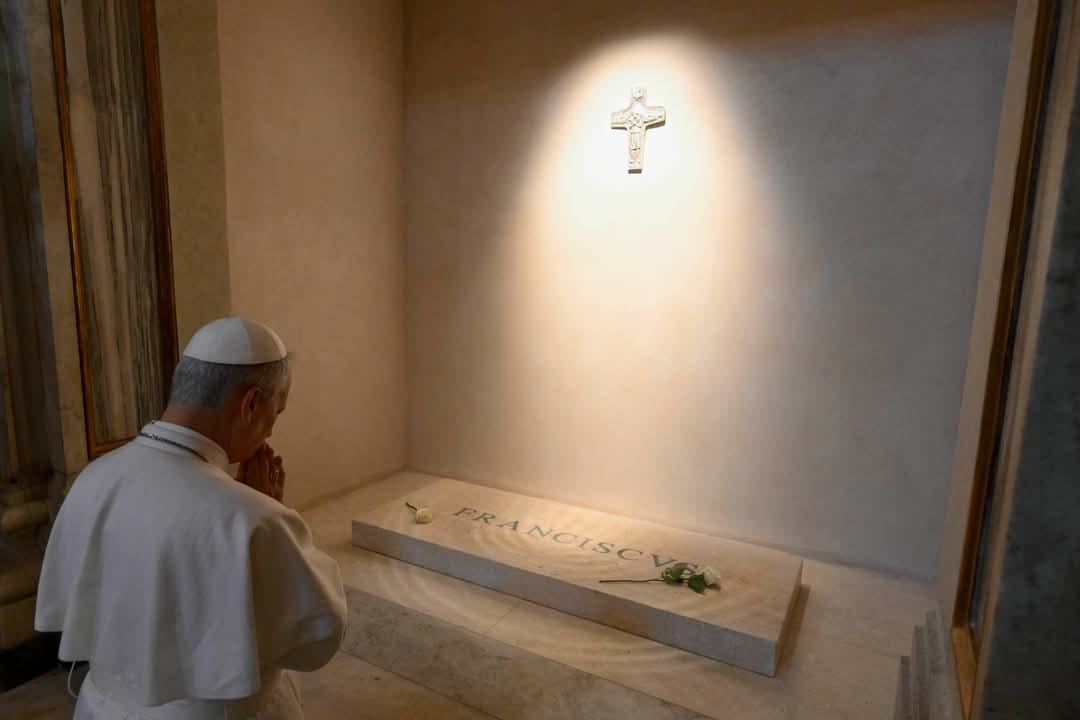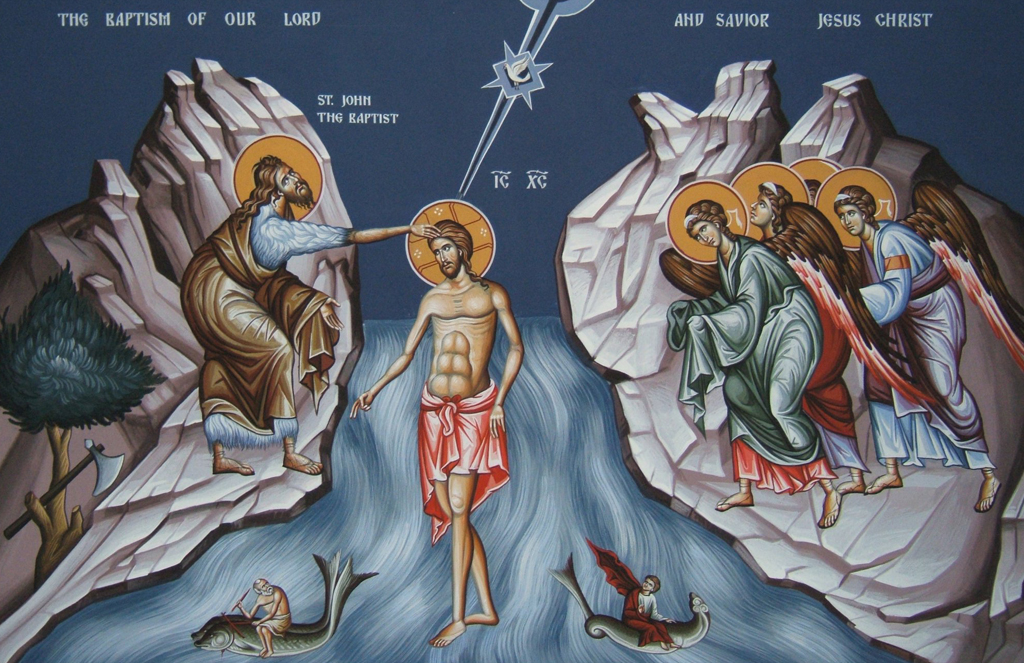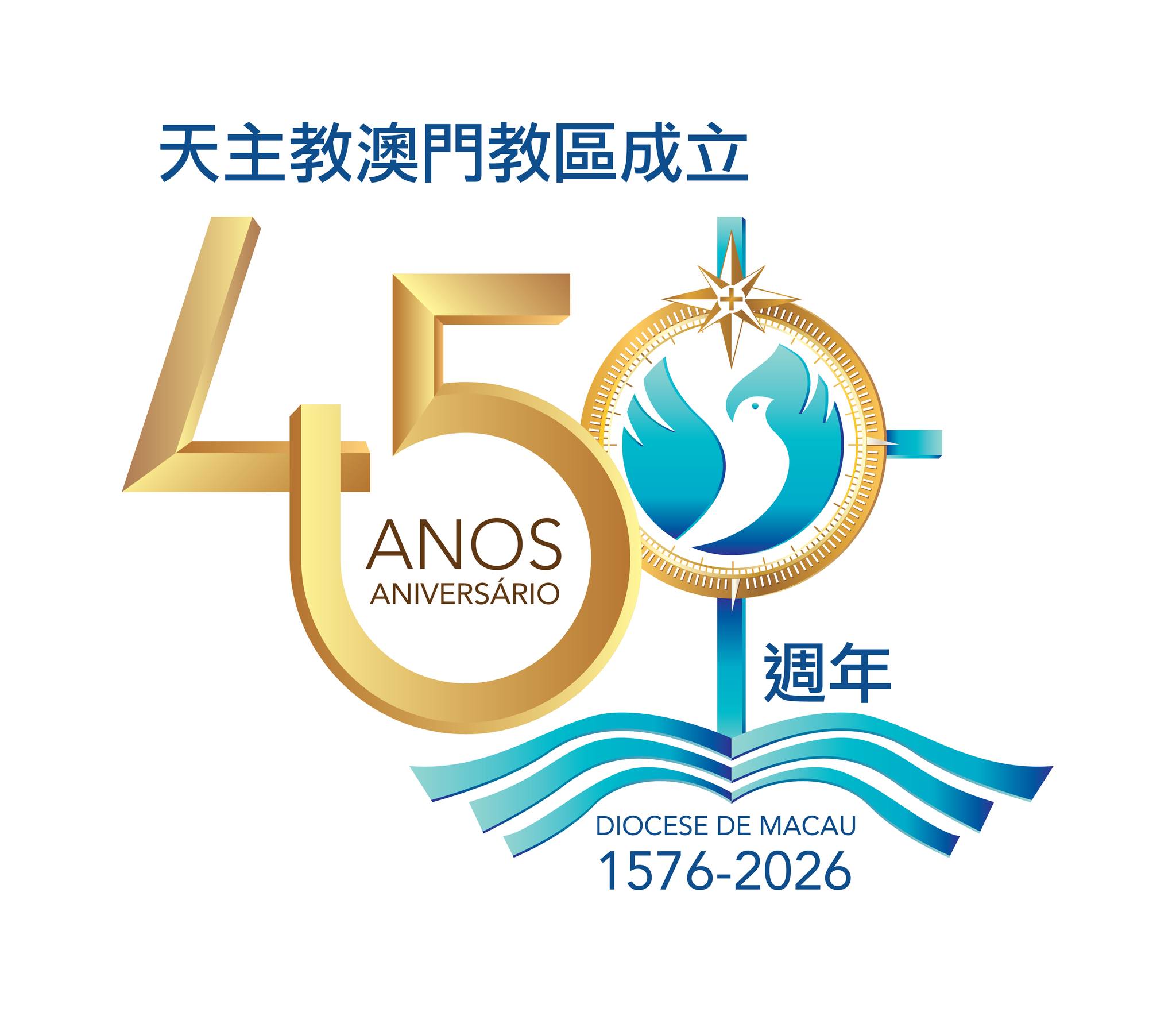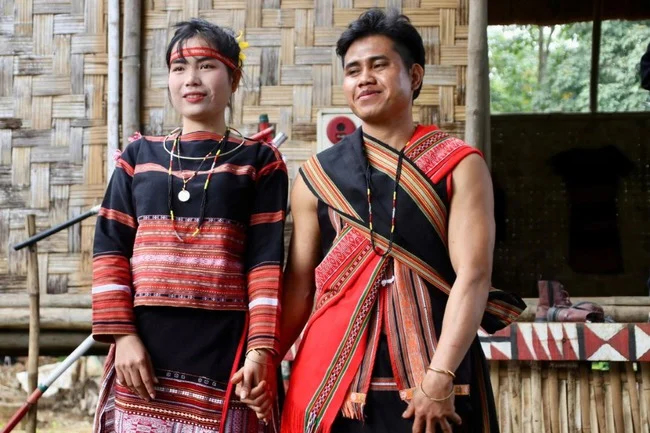Marco Carvalho
Brought to the Vatican in 2023 by Pope Francis as head of the office that vets bishop nominations, Robert Prevost was entrusted with the chair of Saint Peter. The first American pope succeeds Francis, preaching peace while confronting political and social divides and urgent global crises. Seen as a firm supporter of his predecessor’s papacy – especially of the late pontiff’s commitment to social justice issues – Pope Leo XIV is likely to carry forward the legacy of Pope Francis, while forging his own path. The Argentinian pontiff, Peter C. Phan claims, leaves behind a transformative inheritance of compassion, reform and inclusivity. Born in Vietnam, Phan has lived in the United States since 1975, when his family arrived in Texas as refugees from the Vietnam War. A professor at Georgetown University and former president of the Catholic Theological Society of America, the theologian recalls, in an exclusive interview with “O Clarim”, some of the most defining aspects of Pope Francis’s papacy and how they can shape Pope Leo XIV’s pontificate.
Pope Francis leaves behind a legacy that transcends borders and generations. He will go down on history as the pontiff that made synodality a way of living, learning and living together. In your opinion, what were the most important aspects of Pope Francis’s pontificate?
Peter C. Phan: The most defining aspects of Pope Francis’s papacy are, first, his transformation of the papacy, even in his lifestyle, from an institution of power to a ministry of humble service. Second, I would say, his appointment of women to positions of responsibility in the Church; third, his special love and care for the poor, the migrants, and the marginalized – including gay people – and fourth, his concern for ecological integrity.
Which of these four aspects do you think will be his most enduring legacy? How will Francis’s pontificate define the very own future of the Church?
P.C.P: Pope Francis’s most enduring legacy is his transformation of the Church from a self-absorbed and self-preserving institution to an outgoing and risk-taking movement whose mission is bearing witness, in a synodal way, to the mercy and all-inclusive love of God, both in the world, as he writes in the apostolic exhortation Evangelii Gaudium: The Joy of the Gospel and in the family (Amoris Laetitia: On Love in the Family).
You mentioned early on that Pope Francis changed the papacy. How did his focus on reaching out to the peripheries help to recenter the very own nature of the Church? Will the commitment to the poor and the marginalized be carried forward by Pope Leo XIV and stand the test of time?
P.C.P: Pope Francis’s attention to the Church and the people in the so-called Global South rather than in the Global North shifts the focus of the Church in the West (Europe and North America) to the Church in the peripheries (Africa, Asia, and South America), where most of the world’s poor and where four-fifths of Christians now live. As long as there are migrants and poor and marginalized people, Pope Francis’s commitment to them will endure since it lies at the heart of Jesus’s message and ministry, as he rightfully recalled in the Encyclical Fratelli Tutti: On Fraternity and Social Friendship.
Francis made ecological concerns a cornerstone of his twelve years papacy, by saying that destroying the environment is a sin. Will this ecological legacy survive his death?
P.C.P: Pope Francis’s intense and sustained concern for the survival and health of Earth, which he calls “Our Common Home,” will resonate deeply with people, especially the young, who feel threatened by and fall victim to natural disasters caused by the ongoing wanton destruction of the environment by what he calls the “technocratic paradigm.” Through Laudato Si’, Francis will continue to urge us to listen to “the cry of the earth and the cry of the poor”.
How else was Pope Francis a game changer? Apart from climate change, he sought to focus more explicitly on social justice, calling unfettered capitalism a “new tyranny”. Pope Leo XIV’s choice of name seems to signal a commitment that is very much in line with the late Pope Francis’s global ministry…
P.C.P: On social change, Pope Francis’s teaching on what he calls “a better kind of politics,” rejecting both populism and liberalism and advocating “the exercise of political love,” if consistently practiced by rich nations, is a game changer and will in the long run transform the kind of power-seeking and wealth-grasping political machinery that is currently dominating, especially in the United States of America (Fratelli Tutti: On Fraternity and Social Friendship).


 Follow
Follow


